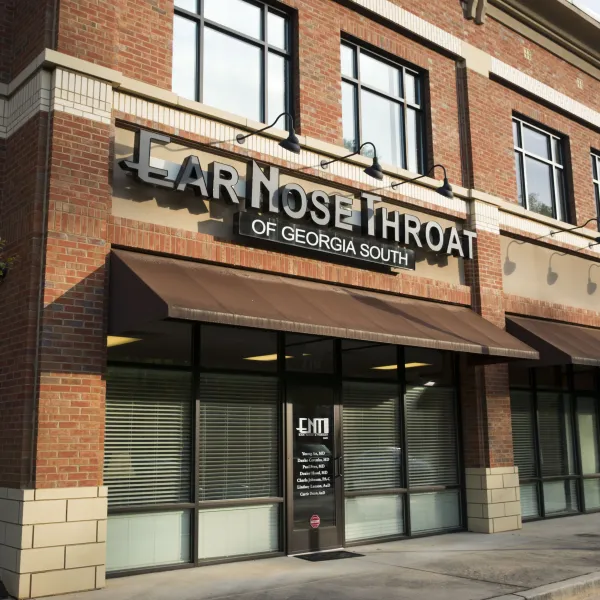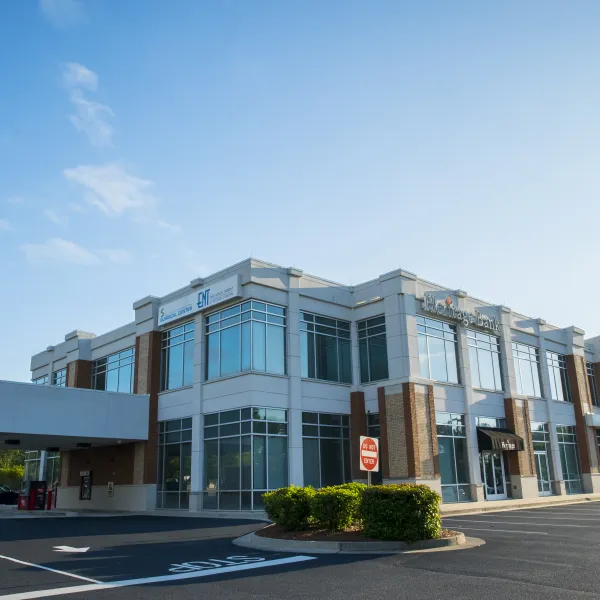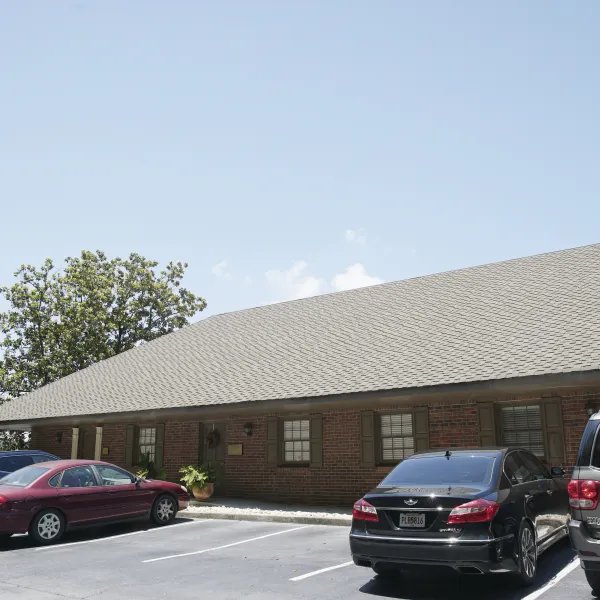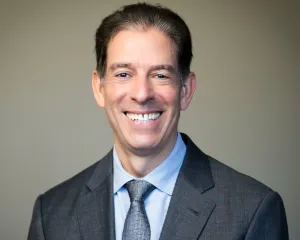
Laryngopharyngeal Reflux
(LPR)

(LPR)
Laryngopharyngeal Reflux
Laryngopharyngeal Reflux (LPR) is a condition that occurs when acid in the stomach travels up to the throat. While almost everyone experiences reflux occasionally, when it does occur, the larynx can become irritated causing discomfort and changes to the voice. At ENT of Georgia South, an otolaryngologist will conduct a comprehensive examination of the throat with specific attention to the voice box and lower throat area. While treatment for LPR will be individualized, the most common forms of treatment include a plan to change lifestyle habits and diet; medications to reduce stomach acid; and in rare cases, surgery to prevent reflux.
Many people with LPR don't have heartburn
Why is That?
Some people with LPR have a lot of heartburn, but people who have LPR usually don't have heartburn very often. In fact, half of the people who have LPR never have heartburn at all. This is because the material that refluxes does not stay in the esophagus for very long. In other words, the acid does not have enough time to irritate the esophagus.
However, if even small amounts of refluxed material come all of the way up into the throat, other problems can occur. This is because compared to the esophagus, the voice box and throat are much more sensitive to injury and irritation from stomach acid.
How do I know
If I have LPR?
Chronic hoarseness, throat clearing, and cough, as well as a feeling of a lump in the throat or difficulty swallowing, may be signs that you have LPR. Some people do have heartburn, too. Some people have hoarseness that comes and goes, and others have a problem with too much nose and throat drainage, that is, too much mucus or phlegm.
If you have any of these symptoms, and especially if you smoke, you should ask your doctor about LPR. The specialist who most often treats people with LPR is the otolaryngologist (ear, nose, and throat physician).
If your doctor thinks that you could have LPR, he or she will probably perform a throat exam first and look at the voice box and the lower throat. If this area looks swollen and/or red, you may have LPR. At that point, your doctor may order some tests or recommend specific treatment.
LPR Can Cause:
-
Hoarseness
-
Trouble swallowing
-
Too much throat mucus
-
A "lump" in the throat
-
Chronic cough
-
Heartburn
What tests might
My Doctor Order?
If your doctor orders tests, this is to be sure about your diagnosis, to make sure that you don't have any complications of LPR, and to help pick the best type of treatment for you.
The two most common tests for LPR are pH monitoring, also called pH-metry, and a barium swallow. These two tests are different, and it is common to have both tests done.
The barium swallow is an x-ray test in which you must swallow chalky, liquid material that can be seen on the x-rays. This test shows how you swallow and it shows if there is a narrowing or other abnormality of the throat or esophagus. It is a good test to evaluate the entire swallowing mechanism.
WHAT IS IT LIKE TO HAVE pH-METRY?
pH-metry is a special overnight test that takes about 24 hours to complete. People are not usually admitted to the hospital for this test. pH-metry is used to actually measure acid in your esophagus and throat. Some people say this test is annoying, but it is usually not painful.
To do this test, you will have a small, soft, flexible tube inserted in your nose for placement in your throat. The tube will be left in place overnight. The tube, called a "pH probe," is connected to a small computer (a box that you wear around your waist) that measures acid in your esophagus and in your throat. pH-metry is the best test for LPR, and it can help your doctor determine the best treatment for you.
How is
LPR Treated?
Treatment for LPR should be individualized, and your doctor will suggest the best treatment for you. Generally, there are several treatments for LPR:
- changing lifestyle habits and diet to reduce reflux
- medications to reduce stomach acid
- surgery to prevent reflux
Most people with LPR need to modify how and when they eat, as well as take some medication to get well.
TIPS FOR REDUCING REFLUX AND LPR - Control your LIFESTYLE and your DIET!
- If you use tobacco, QUIT.
- Smoking may make you reflux.
- Don't wear clothing that is too tight, especially around the waist (trousers, corsets, belts).
- Do not lie down just after eating.. . in fact, do not eat within three hours of bedtime.
- Avoid caffeine (especially coffee and tea), soda pop (especially cola), and mints, if they increase your symptoms.
WILL I NEED LPR TREATMENT FOREVER?
Most patients with LPR require some treatment, most of the time, and some people need
medicine all of the time. Some people recover completely for months or years, and then may have a relapse.
In one way, having LPR is a little like having high blood pressure. With treatment, LPR does not usually cause serious medical problems, but without treatment, LPR can be serious, even dangerous.
For people with severe LPR, or people who cannot take reflux medicine, "antireflux" surgery (to create a new and better stomach valve) may be recommended. In people who have this surgery, most get good relief from LPR for many years.
WHAT KIND OF PROBLEMS CAN LPR CAUSE, AND ARE THEY SERIOUS?
LPR can cause serious problems such as noisy breathing, choking episodes, breathing problems (such as asthma or bronchitis), and very uncommonly, cancer of the esophagus, throat, or voice box. (For cancer to develop as a result of LPR, the LPR must be very severe and go untreated for many years.)
CAN CHILDREN GET LPR?
Yes, throat and lung breathing problems in infants and children can be caused or worsened by LPR. LPR is more difficult to diagnose in children, so infants and children who may have LPR should be taken to specialists for pH-metry and other tests
This Patient Information on LPR was developed by
The Center For Voice Disorders of Wake Forest University
and
The Department of Oto!atyngology
Bowman Gray School of Medicine
Our Convenient
Office Locations



Buckhead
1218 W Paces Ferry Rd NW
UNIT 208
Atlanta, GA 30327
Monday - Thursday 8am - 4:30pm
Friday - 8am-2:30pm






